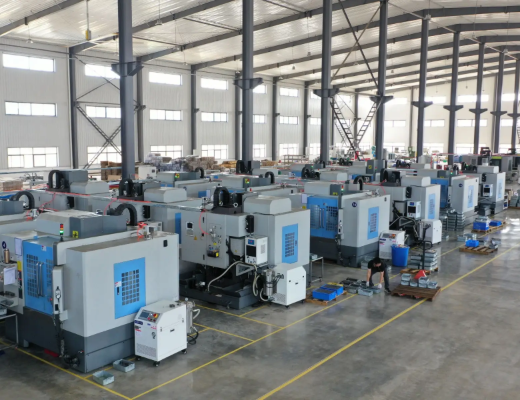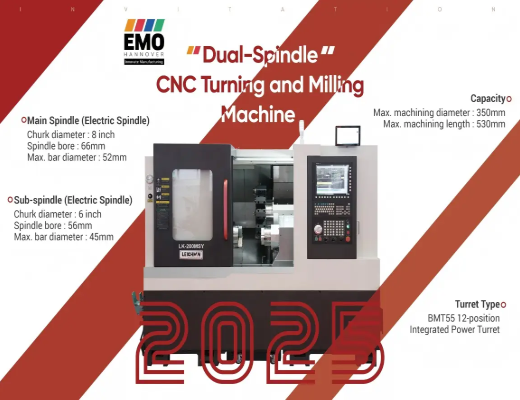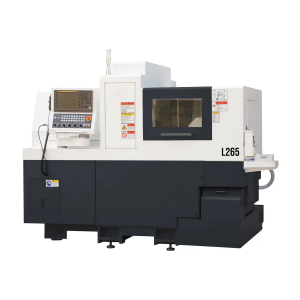At Leichman, a prominent name among CNC lathe manufacturers, we specialize in providing innovative solutions that enhance manufacturing efficiency. As trusted CNC lathe suppliers, we recognize the importance of understanding the differences between traditional lathes and CNC turret lathes. This knowledge can help businesses make informed decisions about their machining processes and equipment investments.
Defining Traditional Lathes
Traditional lathes are manual machines that have been the backbone of machining for centuries. Operators control the tool movements manually, adjusting the speed, feed, and position of the workpiece. While traditional lathes are versatile and capable of producing various shapes and sizes, they require a high level of skill and experience from the machinist.
These machines are ideal for simple tasks, but they can be limited in terms of precision and production speed. As CNC lathe manufacturers, we recognize that while traditional lathes have their place in certain applications, they may not meet the demands of high-volume or complex machining jobs.
Exploring CNC Turret Lathes
CNC turret lathes, on the other hand, are equipped with computer numerical control technology, allowing for automated and precise machining operations. This advancement offers several benefits over traditional lathes. CNC turret lathes can execute multiple operations in a single setup, significantly reducing cycle times and increasing productivity.
The turret design allows for quick tool changes, enabling operators to switch between different operations seamlessly. This feature is particularly advantageous for manufacturers dealing with various part types and sizes. As a leading CNC lathe supplier, we provide CNC turret lathes that enhance operational efficiency and precision in modern machining environments.
Key Differences Between Traditional and CNC Turret Lathes
The differences between traditional lathes and CNC turret lathes can be summarized in several key areas:
Automation: CNC turret lathes are automated, reducing the need for manual intervention and allowing for consistent production quality. Traditional lathes rely heavily on skilled operators to manage every aspect of the machining process.
Precision: CNC turret lathes provide higher precision due to their computer-controlled movements, while traditional lathes may have variations in accuracy depending on the operator’s skill level.
Flexibility: CNC turret lathes excel in handling complex geometries and high-volume production, whereas traditional lathes are better suited for simpler tasks and low-volume runs.
Conclusion
In conclusion, while traditional lathes and CNC turret lathes both serve essential roles in machining, they are not equivalent. At Leichman, we are committed to providing advanced solutions as leading CNC lathe manufacturers and reliable CNC lathe suppliers. Understanding the differences between these two types of lathes can significantly impact a manufacturer’s efficiency and output quality. Embracing modern technology is a strategic move for any operation aiming for excellence.










